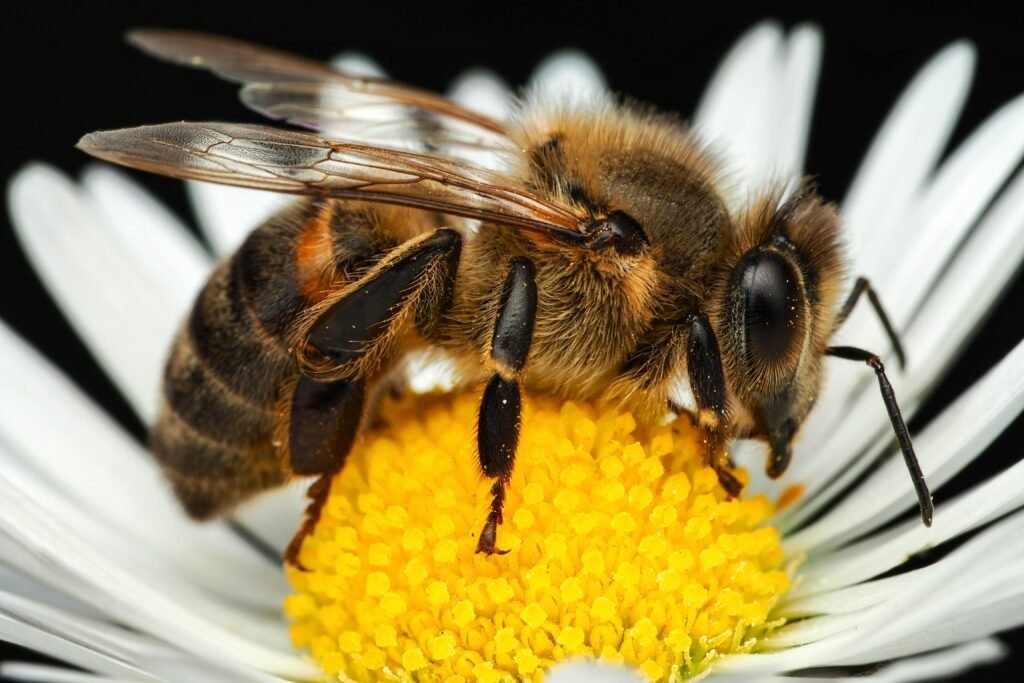
Bees are fascinating creatures that play a crucial role in our ecosystem. From pollinating plants to producing honey, bees contribute to the biodiversity and health of our planet. In this article, we’ll explore the basics of bees, their lifecycle, behaviors, and why they are so essential to our environment.

Bees are among the most important pollinators on Earth. They help pollinate over 75% of the world’s flowering plants and nearly 75% of crops that produce fruits, nuts, and seeds. Without bees, many of the foods we love, such as apples, almonds, and blueberries, would be scarce or unavailable.
There are thousands of species of bees worldwide, but the most well-known are honey bees, bumblebees, and solitary bees. Each type of bee has its unique characteristics and behaviors. For example, honey bees live in colonies with a queen, worker bees, and drones, while bumblebees form smaller colonies and solitary bees live alone.
The lifecycle of a bee begins when an egg is laid by the queen bee. The egg hatches into a larva, which is fed by worker bees until it pupates and emerges as an adult bee. Worker bees perform various tasks within the hive, including collecting nectar and pollen, caring for the queen and larvae, and building and maintaining the hive.
Pollination is the process by which pollen is transferred from the male reproductive organs of a flower to the female reproductive organs, fertilizing the plant and enabling it to produce seeds and fruit. Bees play a vital role in this process as they visit flowers to collect nectar and pollen, inadvertently transferring pollen between flowers as they feed.
Despite their importance, bees face numerous threats, including habitat loss, pesticide exposure, climate change, and diseases. These factors have led to declines in bee populations worldwide, putting ecosystems and food security at risk. It’s essential to take action to protect bees and their habitats to ensure their survival and the health of our planet.
Bees are remarkable creatures that deserve our appreciation and protection. By understanding the basics of bees, their lifecycle, behaviors, and importance as pollinators, we can work together to conserve and support bee populations for generations to come.